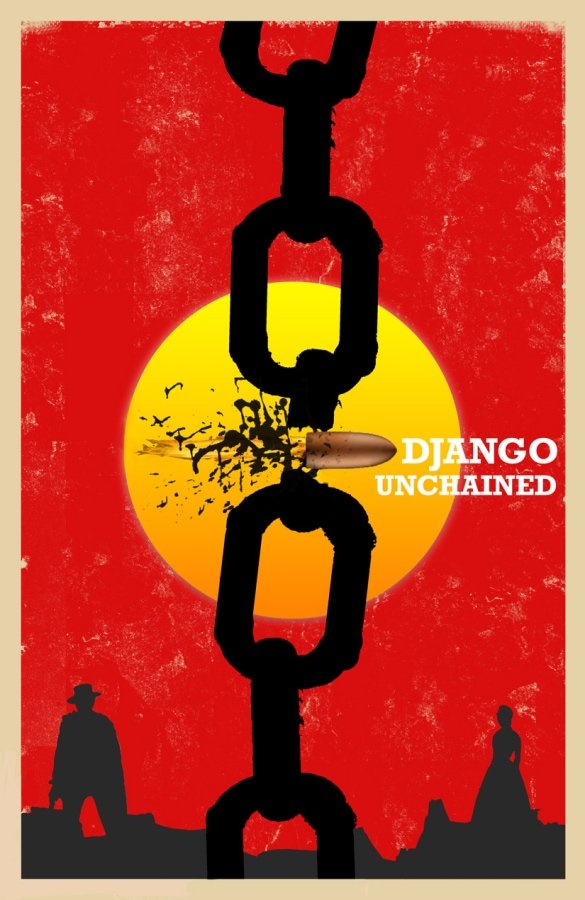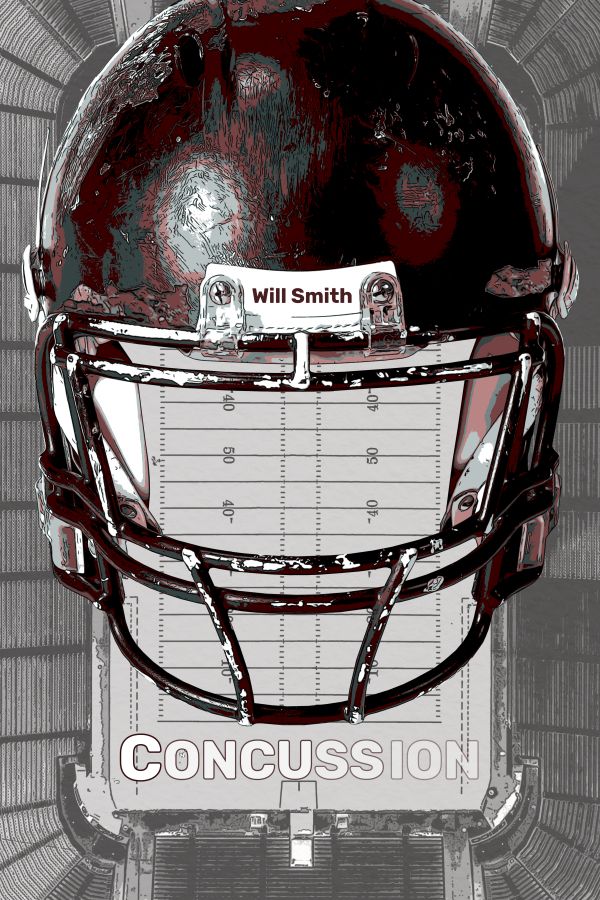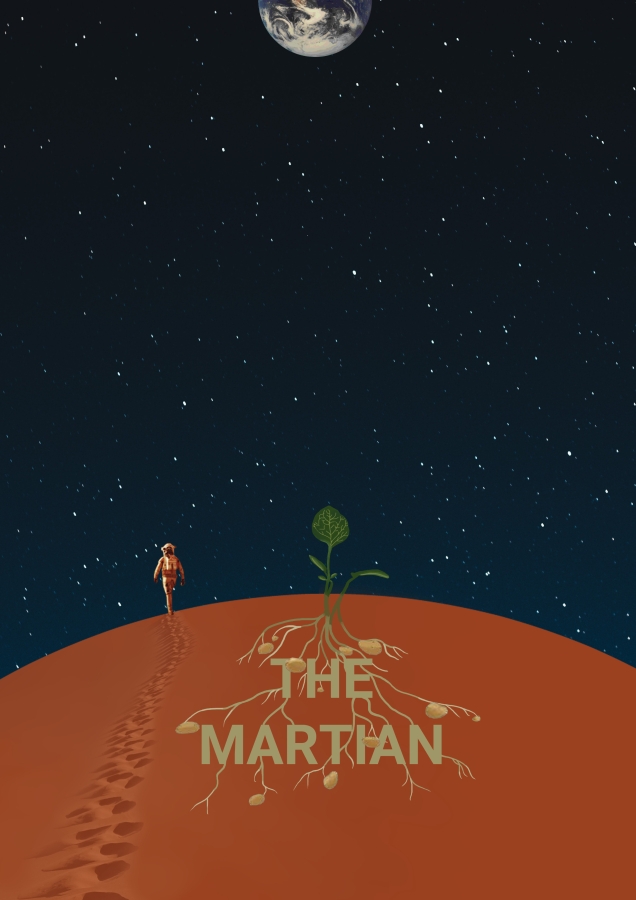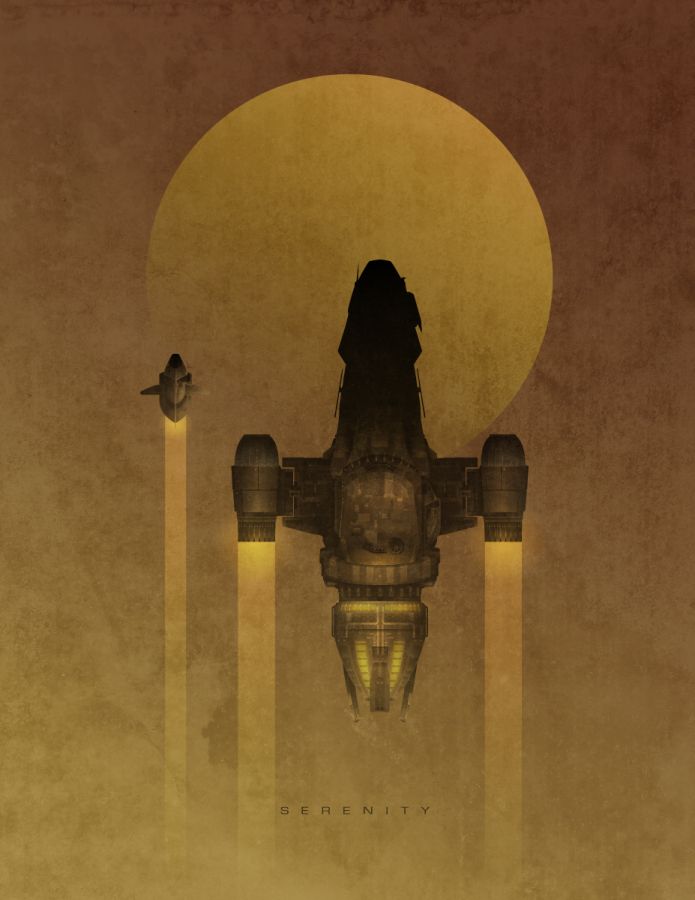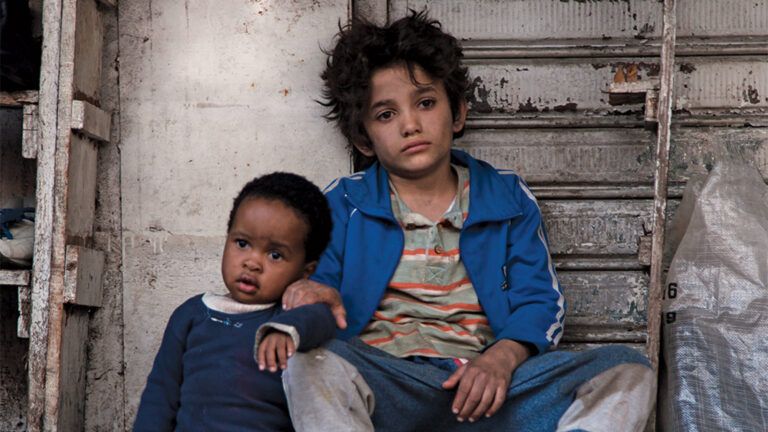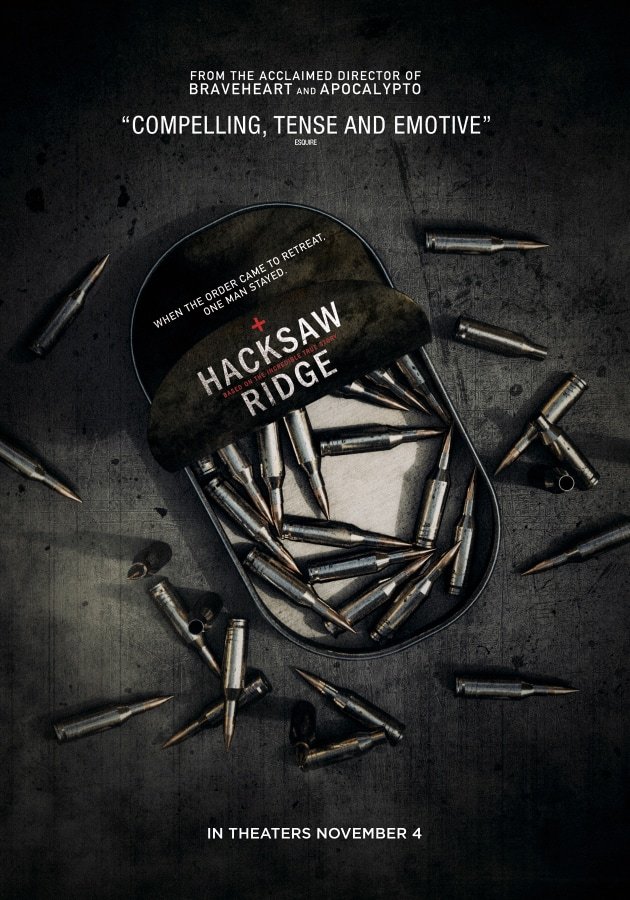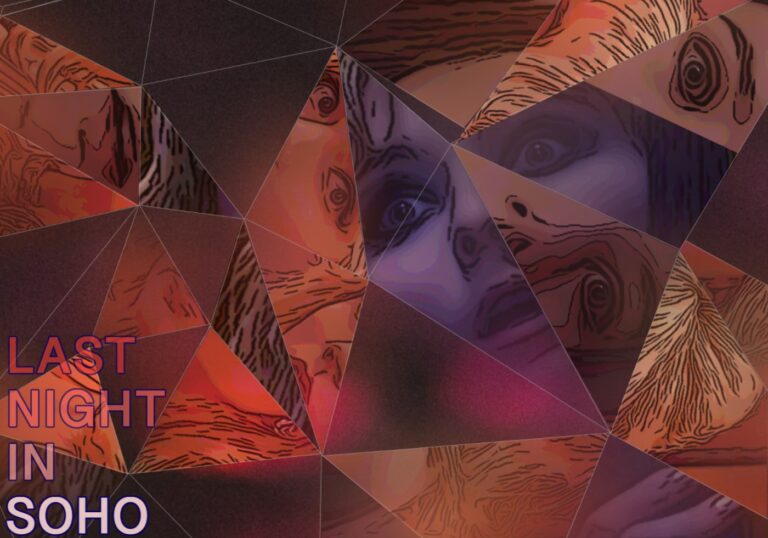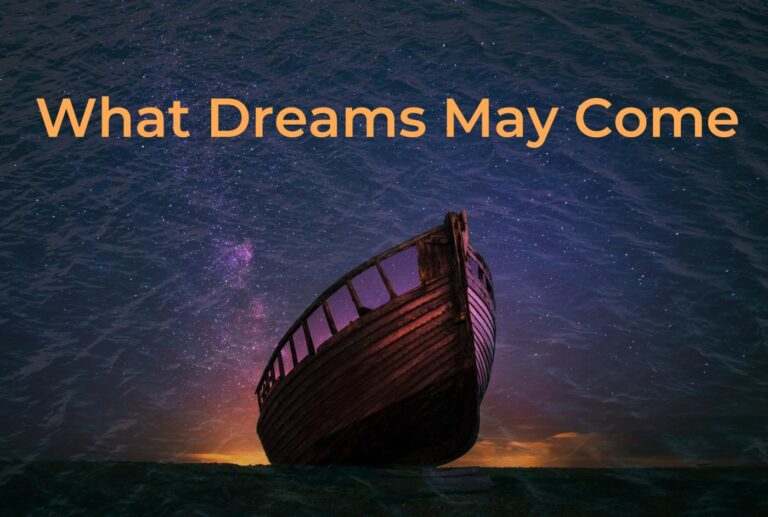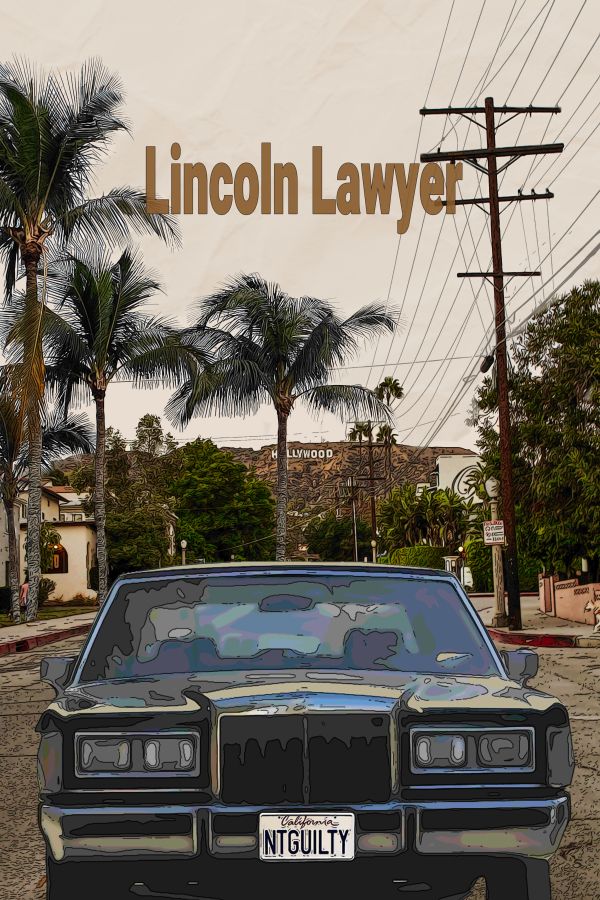Like an insane person, and happily so, I’ve been repeatedly singing the theme song for Django Unchained, with emphasis of course on the pronunciation of Django – the ‘D’ is silent. A homage-come-parody of Westerns, Tarantino takes the dark subject matter of slavery and its cruel treatment and shoots it straight and true at the audience with a surprising amount of dark comedy and an over-zealous amount of action – a trademark of Tarantino’s films. But for those who find themselves at the ugly end of Django’s gun – the violence feels more than vindicated, for they truly get what they deserved.
The premise of the film is like a fairy-tale, or to be more exact, it has similarities to a German fairy-tale (told to our hero Django) about the rescue of a princess called Broomhilda, who shares the same name as Django’s wife, and like her is surrounded by danger and kept in a dragon’s lair, (figuratively that is). Our fearless hero Django (played by Jamie Foxx) is the prince, and if you didn’t get this early on, his choice of a regal-blue-satin-suit for his role as a valet really hammers it home. In the style of fairy-tale he must face hardships and trials, all in the hope of reuniting with his lost love.
In beginning his tale, Django joins the charming Dr. King Schultz (Christoph Waltz), an unassuming bounty hunter – who was probably the best at his job, until meeting the naturally gifted Django. Together they hunt down bad guys, collect the rewards, and move ever further along the board game to where Django’s wife is being held; working out a rescue that will test them beyond anything they’ve faced before.
Through their tales of adventure Django, a now freed slave is able to confront the physical demons of his past (with swift revenge) and take hold of a future for himself. All the while never losing sight of what he treasures most, his wife (played by talented Kerry Washington), and though his memories are filled with the horrors they went through, he always sees her as a perfect image of beauty – one that waits for him.
Django Unchained has all the tropes, intro and visuals of a Western such as sharp shooters, target practice, wanted posters, gallons of spittle (enough that that it looks like the characters are spitting out a bottle of Lucozade at points), and even the opening credit – though this is given some way into the film.
There are of course disgusting moments of butchery, it is after all a Tarantino film and he doesn’t disappoint with endless exploding blood-packs. However, what’s worse is that the brutal images could easily be believed – dogs set upon a man, fights to the death in which there is never a winner, and backs laid bare for a beating, and for no reason at all other than the colour of a person’s skin. The film lessening its humour at these points and subtly so in comparison to the rest of the film, making the impact of them last and giving the audience a sense of justice and power as Django enacts rightful vengeance on those who’ve done wrong.
Initially Django is the Dr’s sidekick/assistant in bounty hunting but soon becomes his partner and later supersedes him, the relationship between the two slowly changing in dynamics; from Django being introduced to Dr. Schultz’s world, to him later introducing the one he’s known – but Django’s world might just be more than the good doctor can bear. This change-over is done seamlessly with Django becoming more talkative, confident and stronger, while Dr. Schultz becomes more nervous and sick as his eyes are opened to a world of lawless morals.
Jamie Foxx is faultless as Django, and draws an impact from the character to the audience that’s indescribable in words – bringing heart, heat and a beautiful rawness to his strength and vulnerability. Django’s not a polished-killer and he isn’t a sweet-talker like Waltz’s Dr. Schultz (equally well-played), but he’s enigmatic and very engaging as a character. Foxx doesn’t play Django as a victim, but as the strong hero justified in his actions no matter how gory it might be – Tarantino’s own special appearance ending with a bit of a clout. Meanwhile Waltz was the perfect choice for Dr. Schultz, portraying a man whose unassuming, polite, almost harmless in appearance, except for the hidden tone of bravado. Dr. Schultz uses his manners as a way to lure his prey into a false sense of security. But at his centre he’s a man who wants to do right. In fact, it’s this feature of kindness that makes his character the total opposite to Calvin Candie (Leonardo DiCaprio) – old money, smarmy and with more than a touch of the psychotic. DiCaprio went so far in portraying this man’s extreme emotions and violent nature that he accidently cut his hand when slamming it down upon a glass, but without even flinching he kept the scene going – making a powerful edition to the final production.
A character who’s just as bloody dislikable as DiCaprio’s evil Candie, is that of Stephen. I won’t say much about him – the makeup brilliantly disguising the actor who plays him, but it’s a Tarantino film so you can probably guess as to who it is, not to mention his voice does give him away a bit. Still, never, ever, have I disliked someone as much as this character – he might only appear towards the end, but he exemplifies the word nasty – living for it even.
Beginning in the year 1858 – Django Unchained is set three years before the Civil War and slavery is very much a part of the south, the level of racism beyond high – and those that are, are shown to be idiots. The henchmen laugh like hyenas, while the Ku Klux Klan members argue about being able to see through pillowcases – their idiocy amplified as a point to anyone like it today.
It’s risky to call any film perfect but Django Unchained does a good job of proving they do exist. The script is inventive, the topic gritty and real, while handled with humour that in no way belittles the evil message of slavery. It looks at a past not so long ago and within it acts out a dream cowboy movie; a real good versus evil. Add to this its soul-stirring music, and a costume designer that makes me want to marry their creations – just look out for the sunglasses, epic!
Although sharing the name of the original 1966 film Django there isn’t a great deal of similarity, aside from a borrowing of occupation, bounty hunter, and its original score. But like all Spaghetti Western’s, Django Unchained is reminiscent of what made those before so popular; really, really, bad guys, injustice, and a hero rising to stop it and of course to rescue the damsel. This damsel however, apart from a moment of great swooning (after all it’s still a Western), picks up a long-shot rifle with ease and looks set to cause just as much trouble as Django – if only there was a sequel.
Director & Writer: Quentin Tarantino
Other notable works:
- Once Upon a Time…in Hollywood 2019
- The Hateful Eight 2015
- Inglourious Basterds 2009
- Grindhouse 2007
- Kill Bill: Vol. 2 2004
- Kill Bill: Vol. 1 2003
- Jackie Brown 1997
- Pulp Fiction 1994
- True Romance 1993
- Reservoir Dogs 1992

